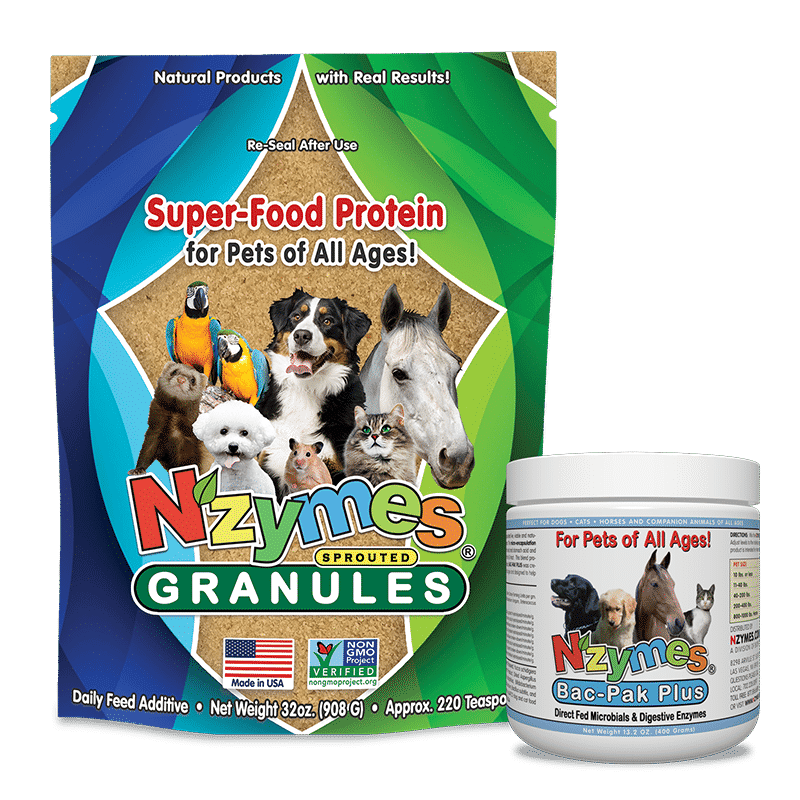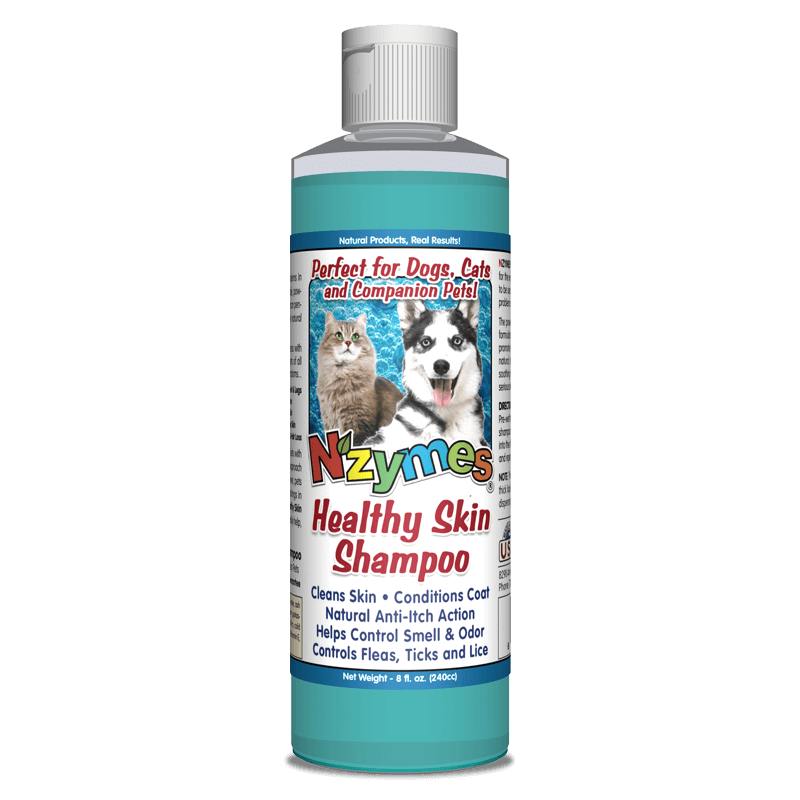
Dietary Requirements & Basic Nutrients for Horses
Food and Nutrition Guideline for Horses
Food Structures
Let’s discuss Nutrition and Feeding Guidelines for Horses. When it comes to a horse’s dietary and nutritional needs, first you should know that Horses eat large amounts of hay and grass as their main source of food.
Hay and Grass are the Main Feeds
In general, horses should eat 1-2% of their body weight which is roughly 15-20 pounds of hay every day. For example, if you have a 1000-pound horse used for light work, a reasonable amount of hay might be 12-15 pounds of hay a day. However, a 1000-pound horse who is involved in a heavy work program may need 15-18 pounds of hay per day.
Note: When choosing, buying, or storing hay bales, try to make sure that the hay you feed your horse has No fungal mold and minimal amounts of dust in it. Both can create health problems in horse contribute to potential Heaves or Respiratory Infections.
Basic Nutrients for Horses
When feeding your horse, it is important to recognize that there are six basic nutrients for horses that should be met. Above all, Water, carbohydrates, proteins, fats, vitamins and minerals are the 6 to focus on. In addition, If your hay or pellets are coming from a feed company, it should already be a balanced nutritional support of all five nutrients However, it is important not to forget about water consumption. Below we talk about the details of the basic nutrition and feeding guidelines for Horses
Water
First is water. This is one of the MOST IMPORTANT nutrients. As a general rule, Horses typically drink about 2 quarts of water for every pound of hay they eat. However, on high temperature days, during or after hard work, or for a nursing mare the water requirement may be 3 to 4 times the normal amount. Always make sure there is an adequate and clean supply of water.
Carbohydrates
Second is Carbohydrates. They are the main energy source used in most horse feeds. The structure of carbohydrates is glucose. Soluble carbohydrates such as starches and sugars are steadily broken down to glucose in the small intestine and absorbed into the body. In addition, Fiber which is an insoluble carbohydrate (cellulose) bypasses enzymatic digestion and needs to be fermented by microbes in the large intestine to release their energy sources. Therefore, Starches are found in nearly every feed source which we need to be cautious of.
Starchy Dangers
An over abundance of starch or high sugar feeds can cause colic or laminitis. Forages normally have only 6 to 8% starch but under certain conditions can have up to 30%. Sticking with a Timothy or Bromegrass Hay is a good option as it has less soluble carbs than that of alfalfa or corn.
Protein
Third is Protein. Primarily used for muscle development during growth or exercise times. The main building blocks of protein are amino acids. Legumes and Alfalfa are good sources of protein that can be easily added to the diet although watching the amounts is crucial as it is high in sugars. Most adult horses only require 8 to 10% protein in the diet. However, higher protein is important for nursing mares and young growing foals.
Fat
Forth is Fat. This can be added to a feed to increase the energy density of the diet. Fat has three-times the amount of energy than that of any grain or carbohydrate. Adding a small amount of Flax Seed for example, is a good source of fat for your horse. Fat is normally found at 2 to 6% in most premixed feeds; however, some higher fat feeds, like ones designed for seniors, will contain 10 to 12% fat.
Vitamins
Fifth is Vitamins. They are fat-soluble (vitamin A, D, E, and K), or water-soluble (vitamin C, and B-complex). Horses at normal weights and exercise schedules, usually have more than enough vitamins in their diet if they are foraging on green pasture. As well, some situations where a horse would need an addition would be if feeding a high-grain diet, or low-quality hay. If a horse is under stress while traveling, showing, racing, long demanding workouts, or ones who may be sick, recovering from surgery or have underlying issues.
Minerals
Sixth is Minerals. Just as important as all the rest, minerals are required for up-keep of body structure, fluid balance in cells (electrolytes), nerve conduction, and muscle contraction. Only small amounts of the macro-minerals such as calcium, phosphorus, sodium, potassium, chloride, magnesium, and sulfur are needed daily.
Sweating diminishes sodium, potassium, and chloride from the horse’s system; therefore, supplementation may be helpful for horses that sweat a lot. Normally, if adult horses are eating from fresh green pasture and/or a premixed ration, they will be getting the proper amounts of minerals in their diet.
Salt
There is one exception to this rule however – sodium chloride (salt). As horse owners we should have available to our horses, salt licks. This mineral is essential to them. Young horses, under the age of 2, may need extra calcium, phosphorus, copper, and zinc during their first years of life to aid in their fast-growing bodies development.
Hopefully this article has provided many answers and alternate ideas for the basic nutrition and feeding guidelines for horses.
Do’s & Don’ts of Basic Nutrition and Feeding Guidelines for Horses
Here are some feeding do’s and don’ts that can help you decide the best diet for your horse.
- DO: Feed lots of high-quality forage.
- DON’T: Feed poor-quality hay (containing dust or mold)
- DO: Manage your pastures carefully.
- DON’T: Allow easy keepers too much pasture time.
- DO: Be prepared for a hay shortages in your area
- DON’T: Forget the exercise.
- DO: Feed your horse a balanced diet
- DON’T: Over feed your horse (allowing a day of fasting can be beneficial)
- DO: Be aware of special diet concerns for the young or elderly horses
- DON’T: Over supplement
- DO: Feed extra calories if your horse needs them
- DON’T: Ignore your horse’s specific needs
- DO: Have salt licks available at all times
- DON’T: Forget the water
Perfect Supplements for Horses of all Ages


